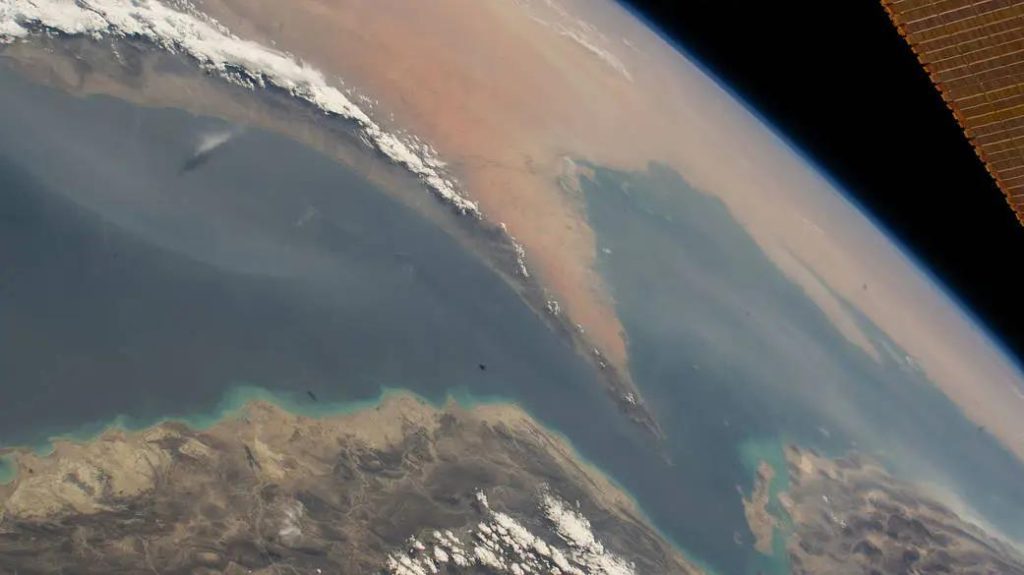
How much of India’s oil imports pass through the Strait of Hormuz?
India’s dependence on the Strait of Hormuz for oil imports is a significant concern for the country. The Strait of Hormuz is a narrow waterway that connects the Persian Gulf to the Gulf of Oman and is a crucial oil trade route. The Strait is only about 30 kilometers (19 miles) wide at its narrowest point, making it a strategic chokepoint for oil shipments. In this blog post, we will explore how much of India’s oil imports pass through the Strait of Hormuz and examine the implications of any potential disruptions to this critical trade route.
According to the United States Energy Information Administration (EIA), India is the world’s third-largest oil importer and imports around 5.5 million barrels per day (bpd). Of this, around 2 million bpd of oil imports transit through the Strait of Hormuz. This represents more than 35% of India’s total oil imports.
The Strait of Hormuz is a critical oil trade route for several reasons. Firstly, it is the only sea route that connects the oil-rich countries of the Persian Gulf, including Iran, Iraq, Kuwait, Qatar, Saudi Arabia, and the United Arab Emirates, to international markets. Secondly, the Strait is a vital shipping lane for oil tankers, with around 15% of the world’s oil supply passing through it. This makes it a strategic chokepoint that can have significant implications for global oil markets.
India’s dependence on the Strait of Hormuz for oil imports is not surprising, given its growing energy demands. India’s economy is growing rapidly, and with it, the country’s energy demands are increasing. In 2019, India’s energy demand grew by around 4.5%, making it one of the fastest-growing energy markets in the world.
However, India’s dependence on the Strait of Hormuz for oil imports also makes it vulnerable to disruptions to this critical trade route. In recent years, the Strait has been the site of several incidents, including attacks on oil tankers and naval vessels. These incidents have raised concerns about the security of oil shipments through the Strait and the potential impact on global oil markets.
In recent days, tensions in the Strait of Hormuz have escalated further. On Sunday, Iran’s Parliament voted to approve a bill that would allow the country’s authorities to close the Strait of Hormuz in response to a US bombing of three nuclear sites in Iran. The US bombing was carried out in response to a recent attack on a US drone, which was shot down by Iran.
The implications of a potential closure of the Strait of Hormuz are significant. If the Strait were to be closed, it could disrupt global oil supplies and drive up oil prices. This could have significant implications for India, which relies heavily on oil imports to meet its energy demands. A disruption to the Strait of Hormuz could also have significant implications for the global economy, which is already facing challenges from trade tensions and slowing economic growth.
In conclusion, India’s dependence on the Strait of Hormuz for oil imports is a significant concern for the country. With around 2 million bpd of oil imports transiting through the Strait, India is heavily reliant on this critical trade route. While the Strait is a vital shipping lane for oil tankers, it is also a strategic chokepoint that can have significant implications for global oil markets. The recent tensions in the Strait of Hormuz have raised concerns about the security of oil shipments through the Strait and the potential impact on global oil markets.
News Source:
https://www.eia.gov/todayinenergy/detail.php
Note: The above news source is from the United States Energy Information Administration (EIA) and provides information on the global energy market, including oil imports and exports.






